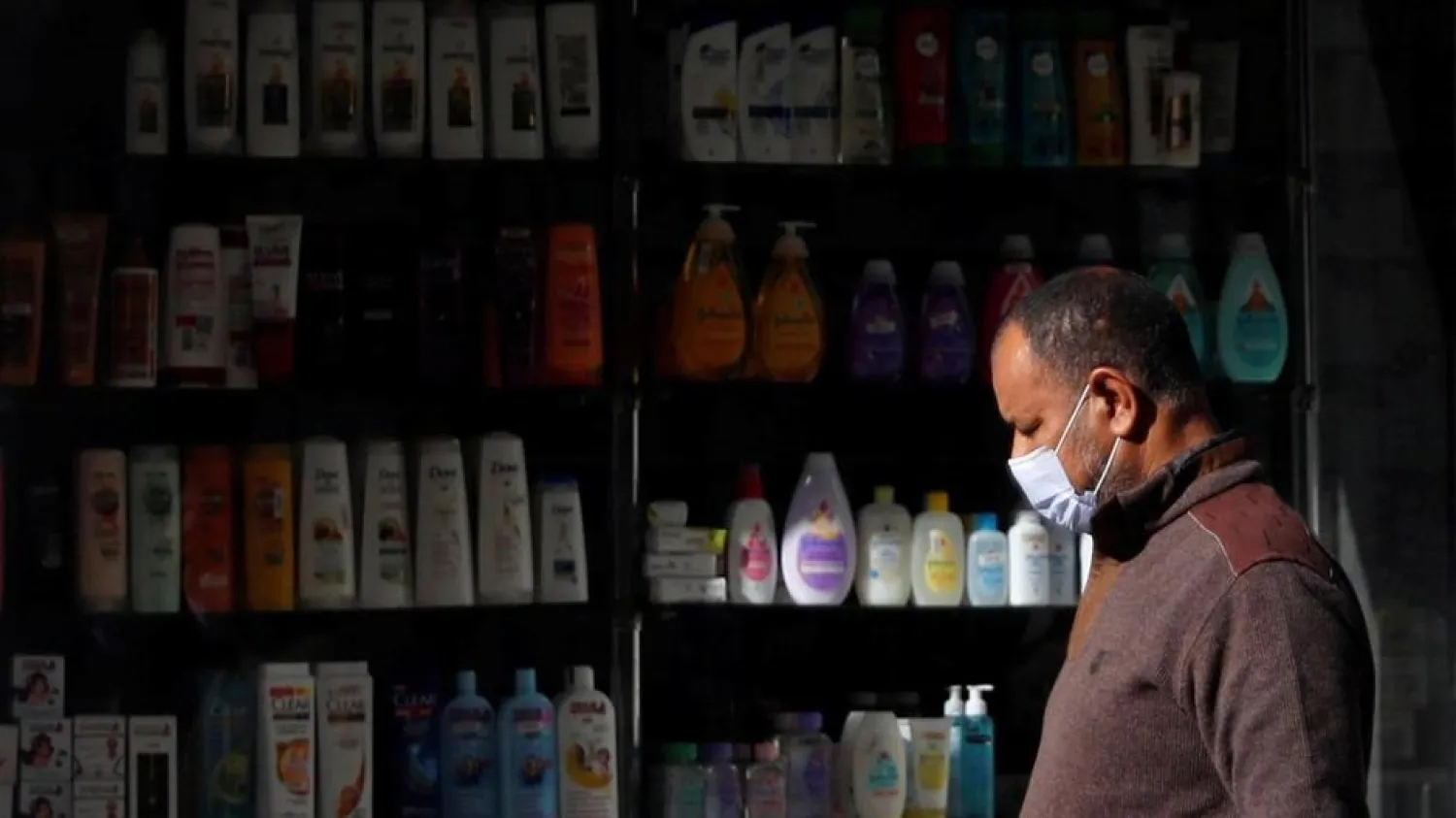Egypt received on Monday 1.7 million doses of the AstraZeneca vaccine through the COVID-19 Vaccines Global Access (COVAX), the Health Ministry announced.
With the arrival of this new shipment, Egypt hopes to expand its coronavirus vaccination rollout from the first group of vaccine recipients, which include elderly and people with chronic diseases.
The shipment came as part of 40 million doses set to reach Egypt in succession through COVAX.
Health Ministry spokesperson Khaled Megahed said his country will receive more AstraZeneca doses in the coming months.
He added that Russia will send 10 million doses of its Sputnik V jab after signing a contract recently with the Health Ministry.
On Monday, the Ministry recorded 1,138 new Covid-19 infections, up from 1,132 the day before. It also reported 59 new deaths, bringing the country’s toll to 13,904. A total of 237,410 confirmed cases of Covid-19 are now registered in the country.
Meanwhile, the Indian Embassy in Cairo signed on Monday an agreement to purchase 300,000 doses of Remdesivir from Egypt's Eva Pharma Pharmaceuticals Company.
Indian Ambassador Ajit Gupte said that the purchase will help India in its fight against coronavirus, adding that the vaccine is to be shipped to India within the coming few days.
On Monday, head of the scientific committee to confront the coronavirus, Hossam Hosni speculated that the inoculation against the coronavirus will not be a one-time shot, but will be annual, like the influenza vaccine.
Hosni said the AstraZeneca vaccine is safe and effective, explaining that the clots that could happen as a side effect, occur only in five people in a million.









